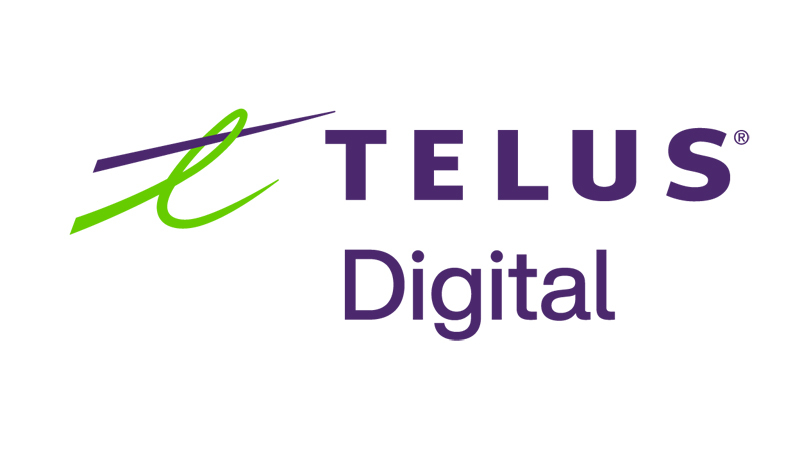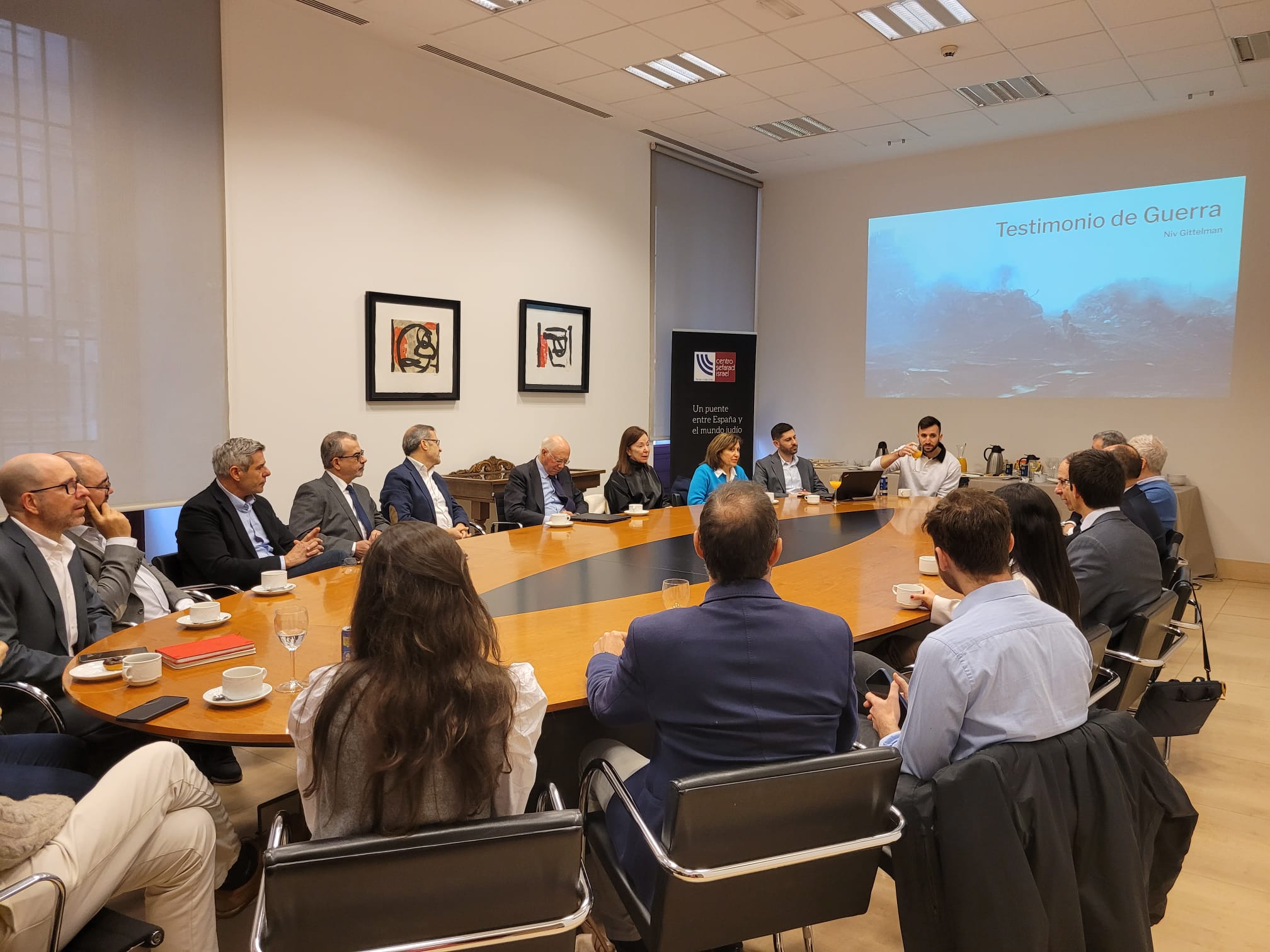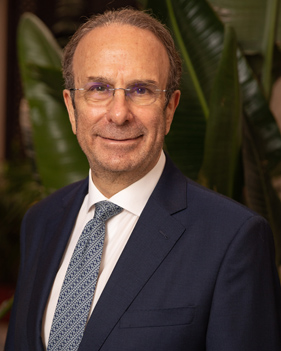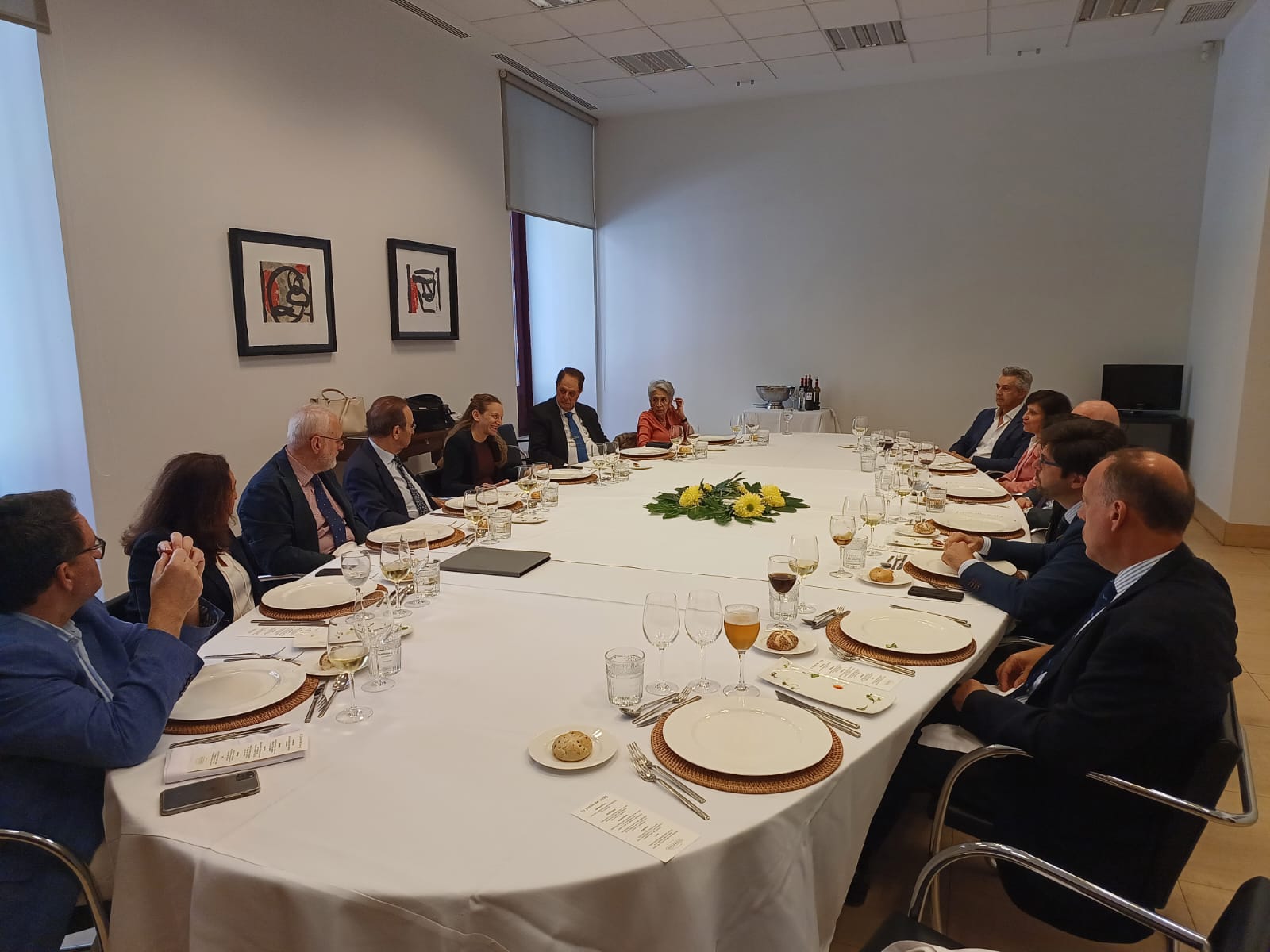Aviv Global
The Place Brand Observer / 16 April 2015
Following our interview with Barcelona city branding expert Juan Carlos Belloso some weeks ago, today we travel across the Mediterranean to learn more about place branding ‘in action’ at another ambitious city: Tel Aviv.
Hila Oren is the founder and CEO of Tel Aviv Global, where she oversees and directs a strategic task force in charge of developing and implementing a national project to elevate Tel Aviv’s international positioning as Israel’s Global City and promoting and marketing its city tourism.
Hila, what fascinates you most about city branding?
I am fascinated by the correlation between city branding and city making. Both are intertwined – you cannot brand a city without playing an active role making the city. And by making a city you play a key role in its branding. You are faced with the challenge of identifying the city’s unique selling proposition (USP), and the need to ease tensions between different city stakeholders, industries and competing propositions.
What does place branding mean to you?
To me place branding means taking a place through the process of evolving from a place into a brand that incorporates the passion and desires of those who call this place home – those who make it the “place it is”.
It is crucial for someone who manages place branding to create as many partnerships and coalitions as possible between representatives of the private and public sectors, and between local and national players.
What role does place branding play for the city of Tel Aviv?
The city of Tel Aviv is still comparatively small, although it has become a global hub over recent years. Place branding gives us the opportunity to focus on our strenghts (the Nonstop City and the Startup City) and to become a global player by leveraging them. Our USP and place branding efforts for the city of Tel Aviv have allowed us to “put a foot in the door” and open Tel Aviv to the world, generating a multitude of international interest and activities in the city.
How did Tel Aviv achieve its current level of brand awareness and recognition?
Tel Aviv achieved its current level of brand awareness and recognition through an in-depth and all inclusive strategic process. Our mayor charged us with a mission to develop Tel Aviv as a global city. The awareness and recognition of our city as a brand plays a key role in achieving this goal.
This process is part of an ongoing dynamic of brand awareness that began the very day Tel Aviv was founded in 1909 as the world’s first Hebrew city, its marketing and advertising as a “nonstop city” from 1989 on, and the international recognition of Tel Aviv as “the white city” when UNESCO declared it a world heritage site. In 2009, Tel Aviv made waves through the celebration of its centennial anniversary – and now as the Startup city.
Only in 2012 did we finally identify entrepreneurship as our main USP, although in a sense it has been obvious all along: Tel Aviv was a startup city from the very first day, when the city was founded by 66 entrepreneurial families who gathered on the sand dunes outside of Jaffa to establish what at the time they declared would be “the New York of the Middle East”.
Innovation and entrepreneurship are the DNA of the city and our job is to identify that DNA and leverage it into the city’s USP.
What is the best way to measure the success of city branding initiatives?
The best way to measure the success of city branding is by:
1. Observing the residents and understanding how much they relate to the brand as part of their identity.
2 Getting the attention from early adopters who understand that the city is becoming trendier.
3. Getting entrepreneurs’ interests in investing in the city by local entrepreneurs and the place’s energy.
To what extent does country reputation (e.g. Israel) influence the success of a city brand (e.g. Tel Aviv)?
Tel Aviv is part of Israel. We are proud to be Israelis. What we do is simply use this smartly – in places in which being connected to the Israel brand can “buy us extra points”, we use the country brand. And where this might create negative connotations, we use the Tel Aviv brand to go “Beyond the Conflict”.





